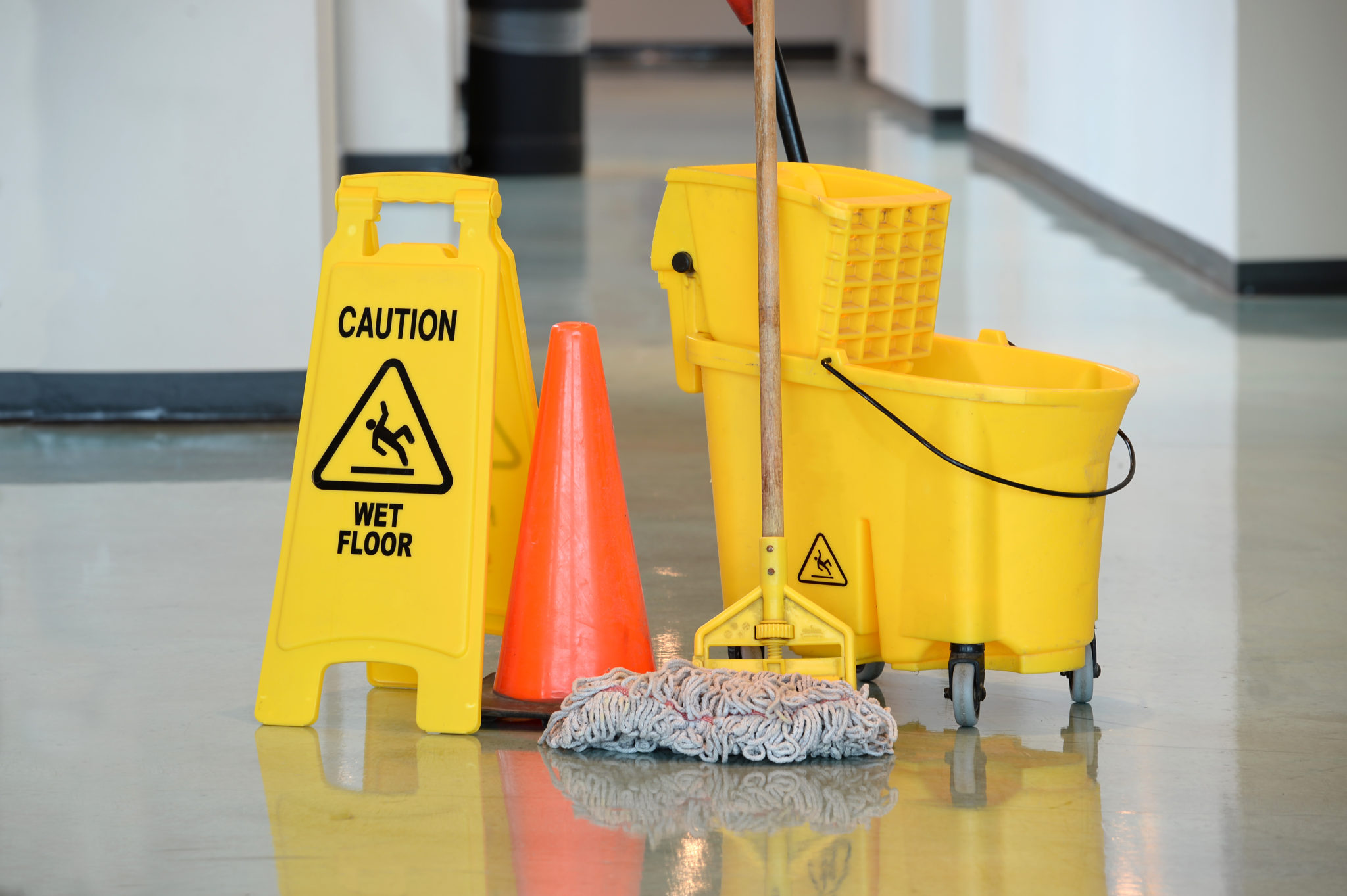Victory for Commercial Real Estate: Key Elements of Janitorial Bills Defeated

Our coalition secured a significant victory against two costly janitorial bills, AB 2364 and AB 2374, that would have raised operational expenses and hurt commercial real estate recovery.
From the start, BOMA/GLA and our partners stood firm against these bills, which imposed heavy regulations and burdened property owners.
While AB 2364 passed in a much-amended form, AB 2374 was stopped in Senate Appropriations, halting its progress.
Here’s how both bills evolved and what it means for our industry.
AB 2364: A Threat Minimized
AB 2364 was originally a severe threat to the janitorial and commercial real estate industries. The initial version aimed to establish a seven-member council, similar to the fast-food model, with the authority to:
- Set production rate limits: The bill proposed cutting the amount of space a janitor could clean per hour. This would have forced property owners to hire more staff, potentially adding up to 16 full-time janitors for large buildings. This could have meant $100,000 in extra monthly costs for a million-square-foot office.
- Undermine collective bargaining: The council would have overridden the collective bargaining process, replacing it with government-imposed conditions. This shift would have limited the flexibility for property owners and contractors to negotiate better work terms.
- Create a rigid work environment: The bill ignored the changing nature of workspaces, such as hybrid offices, and imposed a one-size-fits-all approach.
AB 2364: Amendments Explained
Thanks to our coalition’s opposition, AB 2364 was significantly amended and is now far less harmful. While these are not amendments we requested, our advocacy demonstrated how damaging this bill is to communities.
These amendments are the political response to our advocacy.
The amended version includes:
- No immediate production rate limits: The bill no longer enforces rate limits. Instead, it calls for a UCLA-led study to gather data on janitorial working conditions, including production rates, injury risks, and factors like wage theft.
- Harassment training requirements: The bill keeps the requirement for biennial in-person sexual violence and harassment prevention training. Employers must use qualified organizations, and the training costs $80 per participant for groups of 10 or more and $200 for smaller groups.
- Study before action: The focus is now on research, which will be completed by May 2026. It gives us time to influence the study and prepare for harmful future rules or recommendations.
- Creation of an advisory committee: A committee of state agencies, labor reps, employers, and experts will guide the study and recommend actions based on data.
- Potential for future regulations: While the bill poses no immediate cost threat beyond the harassment training, the study could lead to new rules. We must stay engaged to ensure any future actions remain reasonable.
In summary, AB 2364 no longer presents the imminent financial burden it did initially.
With Governor Newsom signing this bill into law, our coalition is considering developing its own study to provide a more thorough and balanced report compared to the one required by this law.
AB 2374: A Clear Victory
AB 2374, the “Displaced Janitors” bill, sought to expand the requirements for successor contractors in the janitorial industry. It aimed to extend the retention period for employees from 60 to 90 days.
The billrequired new contractors to match the old contractor’s work schedules, wages, and benefits. More concerning, it would have forced new contractors to honor previous collective bargaining agreements, exposing property owners to legal and financial risks.
Thanks to our strong opposition, AB 2374 was held in Senate Appropriations and will not proceed.
Stopping this bill protected property owners from increased costs and restrictive labor mandates.
A Call to Stay Engaged
This victory wouldn’t have been possible without the advocacy of our members. Direct involvement was crucial in stopping these bills from imposing harmful regulations on our industry.
While we celebrate this win, more challenges lie ahead, especially with SB 1103.
Stay informed and active by following BOMA on the Frontline and visiting our Action Center for updates and calls to action. We’ll keep fighting to protect commercial real estate from unnecessary costs.
Thank you for your continued support and for making your voice heard!

